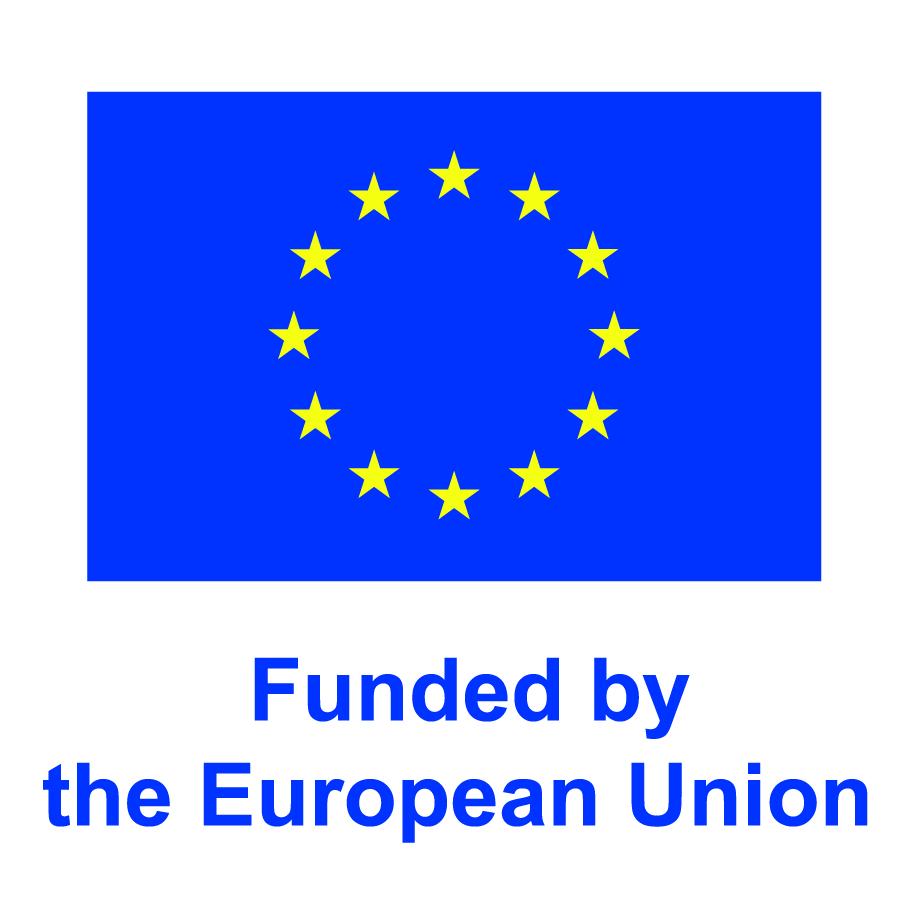
Cross borders with confidence. The Digital Travel Credential (DTC) allows travellers to move across Europe using a secure digital version of their passport. Travel faster, safer and fully compliant with European standards.
What is a Digital Travel Credential?
The DTC is a digital representation of a passport that can be stored in a national Digital Identity Wallet. It enables identity verification before and during travel, while ensuring that personal data remains protected.
Each DTC is issued by national authorities, under the same trust and security conditions as a physical document.
What Aptitude is testing
Aptitude’s DTC pilot tests how national wallets and border systems can work together seamlessly. The goal is to ensure cross-border interoperability between Member States, alignment with ICAO standards, and compliance with EU data protection rules.
Coordinated by ANTS – France Titres (France)
Main partners: Czech Republic, Greece, Italy, Portugal, Germany, Netherlands, Poland, Ukraine
Key contributors: IN Groupe, IATA, Sopra Steria, Aéroport Marseille Provence, Getlink, and other border and transport authorities.
How it works
1️⃣ Traveler pre-registers digitally before departure.
2️⃣ Border control verifies the credential in seconds.
3️⃣ No unnecessary data is stored or shared.
With DTC, border checks become faster and more reliable, without compromising privacy.

DTC lead
Benefits for travellers and authorities
| For travellers | For border authorities |
| Faster identity checks at airports and borders ✈️ | Easier pre-screening and verification 🧾 |
| A secure, user-controlled digital credential 🔐 | Reduced queues and improved data accuracy 🚶♂️ |
| Full privacy: only relevant data is shared 🕵️♀️ | Interoperability with national and EU systems 🌍 |

